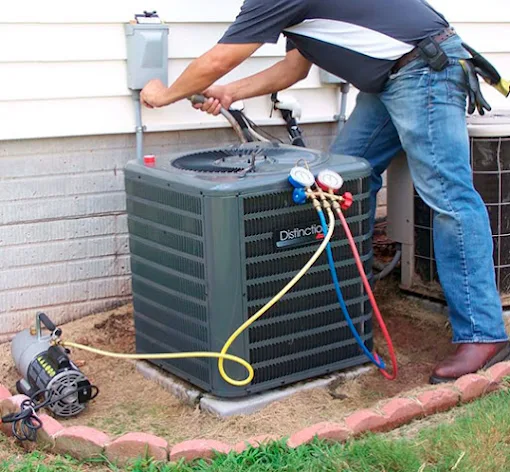Need more water pressure? Six grounds for fault
The body of your post should go here. Click on this text to edit it, then type your own words in place of the ones already there (or paste your own from a different source).
To modify the color or size of this text, please use the global colors or text size controls located in the Design section of the editor's left menu.
1. Corrosion in your pipes
Most pipes are made of steel, either regular steel or steel that has been galvanized. Some lines are even made from different metals, like copper. Although the lifespan of these metal pipes is about 20 years, they will rust over time due to natural factors. As corrosion and rust build up inside your lines, your water supply may be halted.
Only a plumber can confidently identify corroding pipes, so you'll need one to inspect the lines. If you notice rust-colored or blue-and-white deposits on the exterior of your home's metal pipes, they may be rusted and prevent water flow.
2. Plumbing Leaks
You are aware that the plumbing in your home dispenses water. As a result, when a pipe develops a crack and leaks, some water is directed away from its intended position. Your water pressure is often little to no affected by minor leaks.
However, your water pressure will drop significantly if the pipe has a sizable fracture or hole or if many of your lines are leaky and damaged.
Look for any indications of water leaks, water stains, or the growth of mold and mildew on all the visible pipes in your building. You can also look for wallpaper and paint that is bubbling or peeling, as well as water stains on the walls, to determine whether your pipes are leaking.
Some leaks are challenging to find, like those in the pipes under your house. A plumber should thoroughly examine the lines in your home because they have the equipment and knowledge to identify leaks.
3. Problems with the Community Water Source
Low water pressure is only sometimes a sign of a plumbing issue in your building. Instead, problems with your local water system could be to fault. For instance, if a water main breaks, everyone in the area will suffer decreased water pressure.
If you have low water pressure, call a neighbor to see if they have to. If so, get in touch with your city's administration and find out if there are any main water problems.
4. Mineral and waste buildup
Your pipes and faucets may become clogged with dirt and minerals, leading to corrosion. Depending on how harmful the buildup is, you can see deposits outside your faucets and shower heads.
Try cleaning the fixtures if you have low water pressure and mineral buildup on your faucets. Your faucets and shower heads will be clean after a quick baking soda dusting. Give the area as much coverage as you can. After that, pour some white vinegar into a clear sandwich bag, lift it over the faucet, and secure it with a tie.
Leave the bag on your faucets and shower heads for a few hours to give the baking soda and vinegar time to dissolve the buildup properly. After removing the accumulation, rinse the bag. If this doesn't improve your water pressure, call a plumber. This professional can find and remove a clog deeper inside your plumbing system.
5. Local Application
A community where many individuals switch on their water at once may have low water pressure.
Instead of calling each neighbor to see if they are using their water and upsetting them all, ask your city municipality what the busiest times are for water usage in your community. You should also find out when the little water is used during the day. Try using your water during off-peak hours to see whether your water pressure has increased.
6. Shut-Off Valve
Occasionally, you might unintentionally switch your building's main shut-off valve to the "off" position. The closer it is to this position, the less water pressure there will be in your building. Go to the main shut-off valve and make sure it is all the way open.
If it is open and you still have low water pressure, another issue may be at play.
If you notice low water pressure in your house, use the tips in this blog to determine the problem. Once you have selected the issue, or even if you are doubtful, call your plumbing expert as soon as possible.
They will inspect your home to determine the actual reason for the low water pressure there. The next step is for them to make any plumbing repairs or replacements required to get your water pressure back to normal.
Your plumber can provide additional guidance on preventing low water pressure in the future. But bear in mind that some issues, like a broken pipe, can persist despite your best efforts and only require a plumbing expert.
Tags
ac repair
ac repair contractors
ac repair installation
Air Conditioner Repair
ductless systems
Furnace repair
heating repair
HVAC Installation
HVAC repair
plumbing services
sump pump repair

